"Normal" Range in Bid Variation
Gooster
11 years ago
Related Stories

MOVINGTips for Winning a Bidding War in a Hot Home Market
Cash isn’t always king in a bidding war. Get the home you want without blowing your budget, using these Realtor-tested strategies
Full Story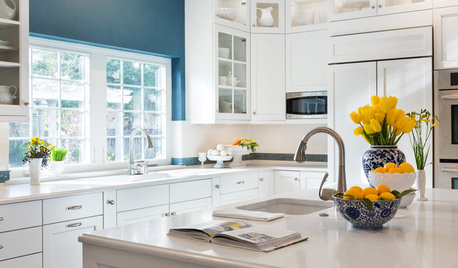
SELLING YOUR HOUSE9 Tips for Living a (Semi-)Normal Life While Your Home Is Being Shown
Preparation, routine and treats help you make the house you’re selling presentable at a moment’s notice
Full Story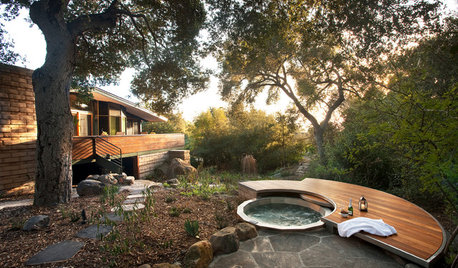
INSIDE HOUZZData Watch: Houzz Renovation Barometer Shows a Return to Normal
The majority of home renovation professionals report that business activity has returned to pre-recession levels, though challenges remain
Full Story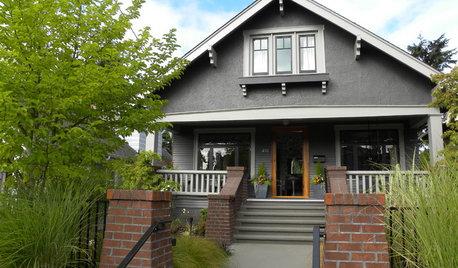
ARCHITECTURERoots of Style: See What Defines a Craftsman Home
Charming features and intimate proportions have made Craftsman houses an American favorite. See their common details and variations
Full Story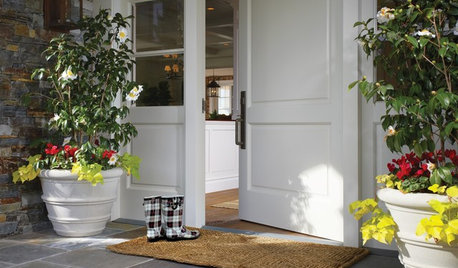
MOST POPULARThe Polite House: On ‘No Shoes’ Rules and Breaking Up With Contractors
Emily Post’s great-great-granddaughter gives us advice on no-shoes policies and how to graciously decline a contractor’s bid
Full Story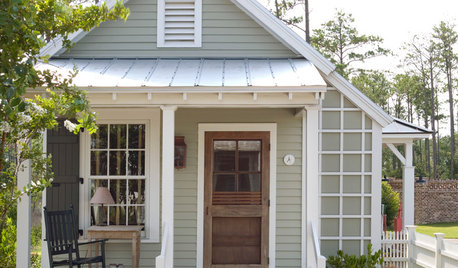
MOVINGHow to Avoid Paying Too Much for a House
Use the power of comps to gauge a home’s affordability and submit the right bid
Full Story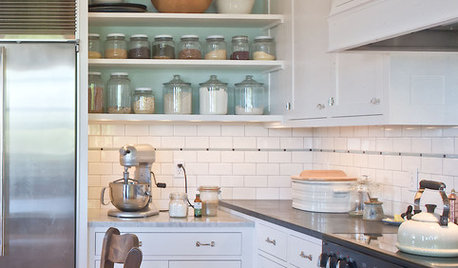
KITCHEN DESIGNLove to Bake? Try These 13 Ideas for a Better Baker's Kitchen
Whether you dabble in devil's food cake or are bidding for a bake-off title, these kitchen ideas will boost your baking experience
Full Story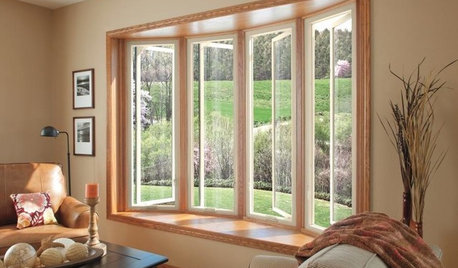
GREAT HOME PROJECTSUpgrade Your Windows for Beauty, Comfort and Big Energy Savings
Bid drafts or stuffiness farewell and say hello to lower utility bills with new, energy-efficient windows
Full Story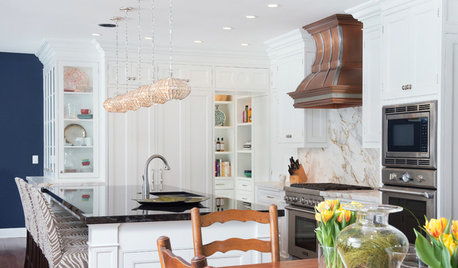
KITCHEN DESIGNWhat to Know When Choosing a Range Hood
Find out the types of kitchen range hoods available and the options for customized units
Full Story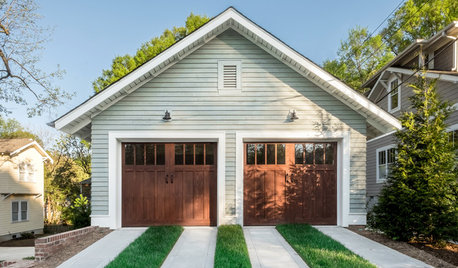
GREAT HOME PROJECTSHow to Replace or Revamp Your Garage Doors
Boost curb appeal and maybe even security with new garage doors. Find out cost ranges and other important details here
Full Story








Bunny
GoosterOriginal Author
Related Professionals
Albany Kitchen & Bathroom Designers · Cuyahoga Falls Kitchen & Bathroom Designers · South Sioux City Kitchen & Bathroom Designers · 93927 Kitchen & Bathroom Remodelers · Biloxi Kitchen & Bathroom Remodelers · Eagle Kitchen & Bathroom Remodelers · Oceanside Kitchen & Bathroom Remodelers · South Barrington Kitchen & Bathroom Remodelers · Vashon Kitchen & Bathroom Remodelers · Bon Air Cabinets & Cabinetry · Citrus Heights Cabinets & Cabinetry · Tenafly Cabinets & Cabinetry · Des Moines Tile and Stone Contractors · Mill Valley Tile and Stone Contractors · Scottdale Tile and Stone ContractorsUser
marcolo
karen_belle
GoosterOriginal Author
EngineerChic
marcolo
soibean
andreak100
Gina_W
SparklingWater
phiwwy
cookncarpenter
GoosterOriginal Author